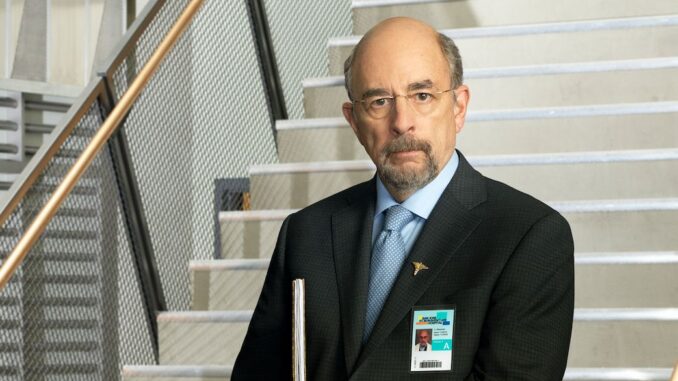
Season 3 of The Good Doctor was no stranger to emotional punches, but one storyline in particular sparked heated debate both inside and outside the show’s fictional hospital walls. The case centered on a lawsuit brought against St. Bonaventure, where a grieving family accused the medical team of negligence and discrimination after their child’s condition worsened.
From the outset, the storyline had all the ingredients for controversy: questions of medical ethics, institutional accountability, and the deeply human fear of being overlooked by a system meant to protect. While the doctors defended their actions, arguing they had followed protocols and acted in the best interests of the patient, the family’s perspective resonated with viewers who have felt powerless in the face of medical bureaucracy.
What made the arc so polarizing was its mirror to reality. The lawsuit was not just about one fictional patient; it was about the broader issue of whether healthcare systems, under pressure and bias, can sometimes fail the very people they are meant to serve. For fans, this brought up uncomfortable questions: Do unconscious biases play a role in how patients are treated? Can hospitals ever be truly objective in life-or-death decisions?
The writers cleverly wove this tension into the dynamics of the surgical team. Dr. Shaun Murphy’s blunt honesty clashed with the more politically cautious approach of his colleagues, creating fissures in the team. Shaun’s insistence on transparency underscored the ethical dilemma at the heart of the case: should doctors prioritize candor with patients and families, even when it risks legal fallout? Or should they protect the institution first?
Reactions from the audience were sharply divided. Supporters praised the storyline for holding up a mirror to the real-world struggles patients face—particularly marginalized groups who often fear they won’t receive equal care. They argued that the lawsuit arc elevated The Good Doctor beyond medical melodrama and into the realm of social critique.
But critics weren’t as kind. Some argued the show was becoming too political, veering away from the medical ingenuity and personal growth that made it a hit in its first seasons. Others felt the storyline vilified the hospital unfairly, painting doctors as bureaucratic or uncaring rather than empathetic professionals under enormous stress.
What’s clear is that the lawsuit storyline tapped into something larger than television drama. It highlighted the fragile balance between patient trust and institutional responsibility—a balance that can be upended with devastating consequences.
In the end, the arc left viewers with more questions than answers, which may have been the point all along. By putting St. Bonaventure “on trial,” The Good Doctor Season 3 forced audiences to grapple with a truth that resonates well beyond the screen: in medicine, the stakes are not just medical, but deeply moral.


